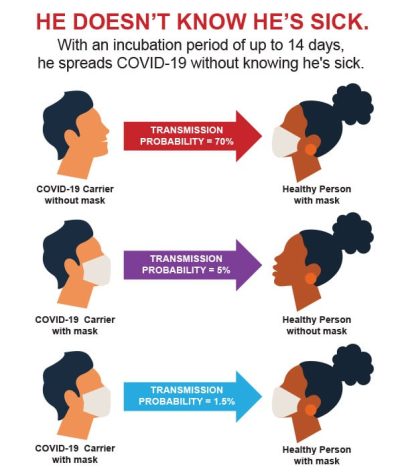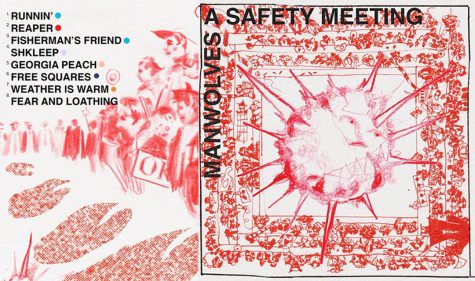Vote No on Austin’s Proposition A
Austin’s proposition A advocates for minimum police staffing (at least two officers for every 1000 civilians), requires 40 additional hours of training on defensive tactics, critical thinking and active shooter scenarios, etc. It also gives police additional compensation for speaking languages other than English, enrolling in cadet mentoring programs and being recognized for honorable conduct.
This is not nearly enough reform.
In order to reduce the harm police do, we need more than only de-escalation training and encouragement of diversity. Austin should opt out of the 1033 program (a national program which gives surplus military weapons, equipment, and tactical vehicles to law enforcement), have less police in general, and redirect more resources to organizations that could handle situations police tend to mishandle, like domestic abuse. Most importantly, they should get rid of qualified immunity (a legal principle that makes it hard to sue police for misconduct). Reforms like that address core problems in the U.S. police departments, and requiring additional training in APD doesn’t do much in comparison to all the things that could be done.
The additional training is a good thing, and so is rewarding police for honorable conduct and being multilingual, but it’s not enough to justify having more police on the streets. There’s a greater risk of excessive use of force, brutality, negligence, racial profiling, etc if the city adds more police. Granted, the same is true for good things they do, but it doesn’t outmatch their harm. In 2020 police fatally shot 108 people in Texas alone. Why would that number go down if there’s more police around to potentially kill or brutalize people?
Some might be in favor of Prop A because they believe it would be good for curbing the staff shortage, and bring up how APD has been having trouble responding to all 911 calls after a slew of police retirements. This is an issue of resource distribution not necessarily of too few police. To solve this issue, we could narrow down what tasks police are responsible for and spread them out to other organizations. Austin has already begun doing that by funding a mental health response force, but what would lighten the workload on police a lot more is traffic monitoring. The most common reason for interaction with police is being a driver in a traffic stop, according to the US Bureau of Justice. Having armed uniformed officers just hand out tickets is unnecessary. Anyone can do that, and it’s stressful for drivers. Creating an alternative organization for enforcing traffic laws would not only make an additional amount of police unneeded, it would reduce civilian interactions with police. It would help solve the problem with the amount of police and reduce police violence against civilians.
Instead of voting for reforms like Prop. A, people need to be advocating for actually effective police reform on a local and national scale. Sign petitions, educate yourself and your friends, call your representatives, protest.









